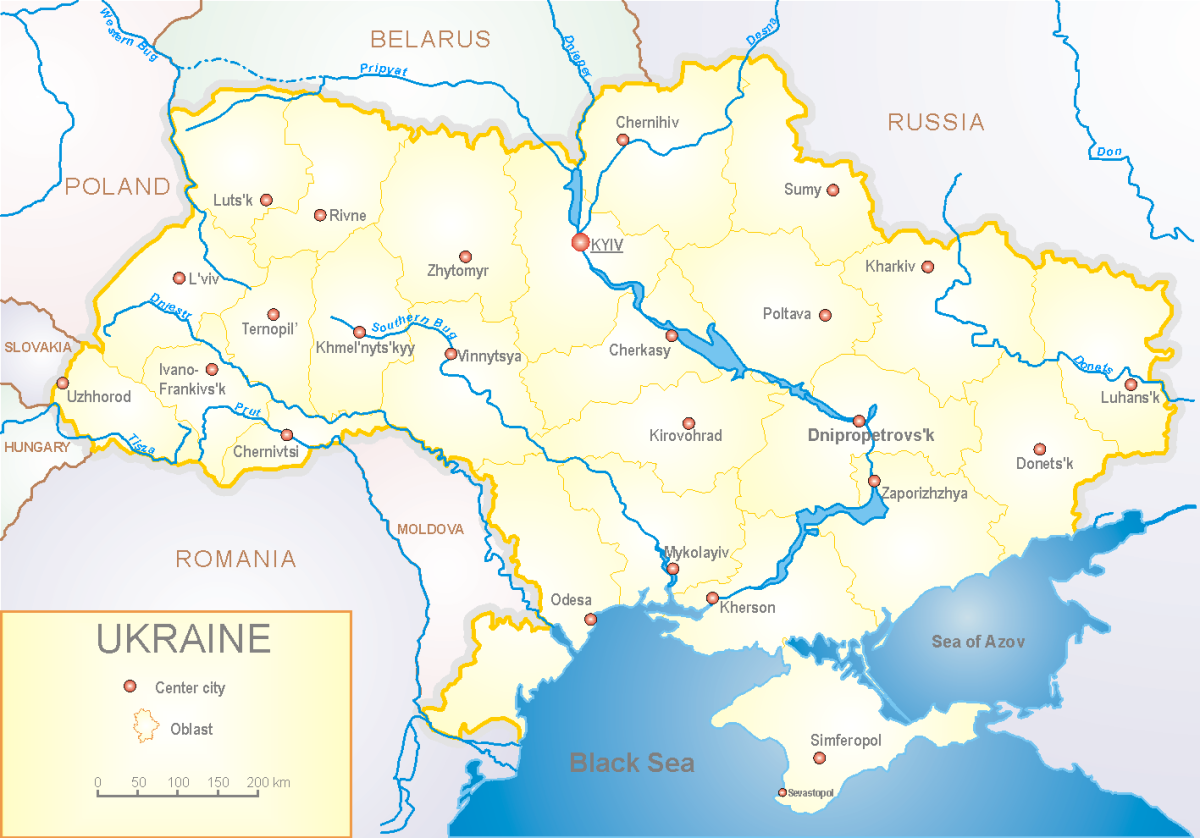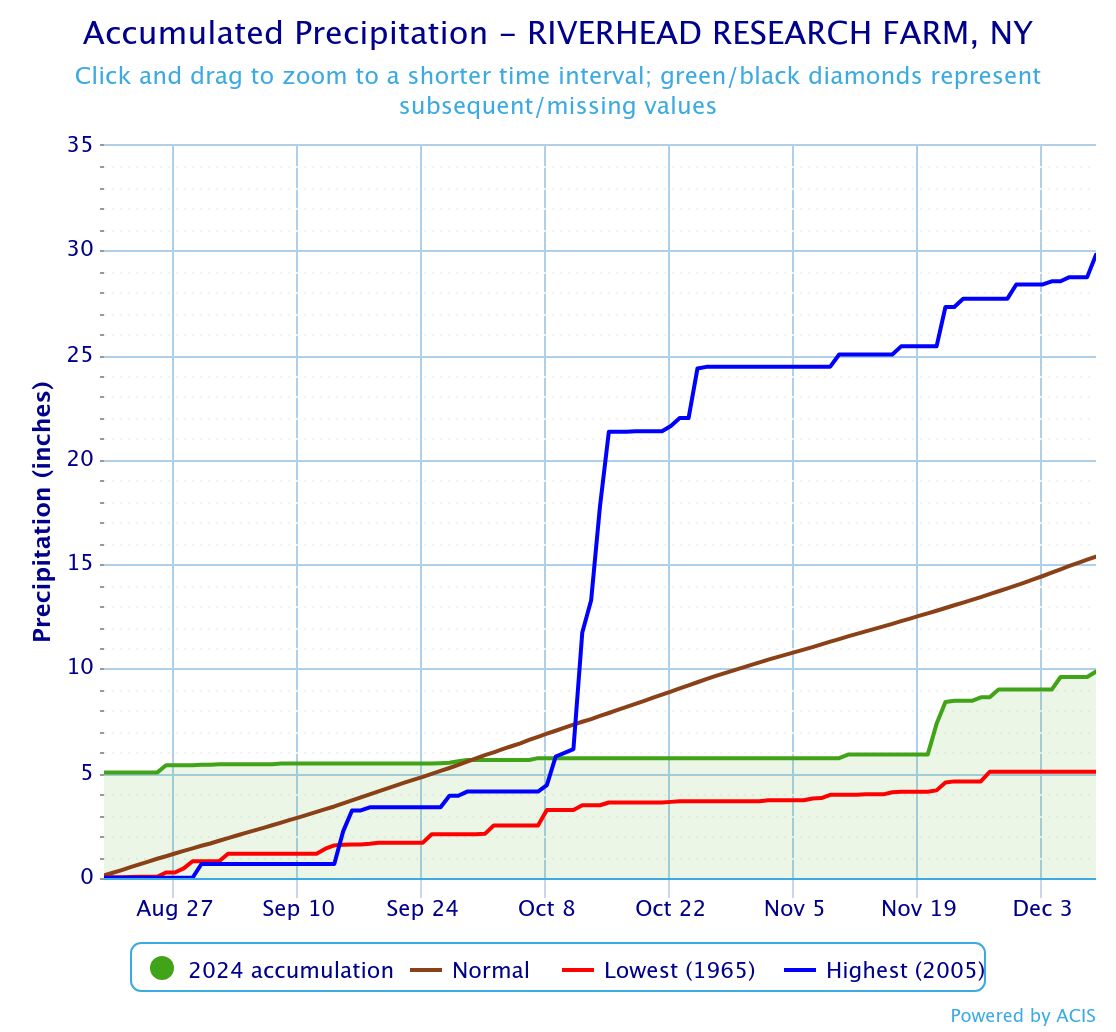Last month, California passed a ban on Red Dye No. 3 (Red 3), and three other food additives approved by the FDA, being the first state to take action on potential dangers of artificial food additives. Artificial food dyes and chemicals are in a lot of foods Americans eat. Dyes and chemicals are used to accentuate the color of the product and or make them more attractive and appealing. But do people really know the dangers of artificial additives in our foods?
Synthetic food dyes are prominent in food and drink, yet many people might not even realize this. Currently there are nine synthetic dyes accepted by the FDA. The most used dyes, such as Red 40 and Yellow 5, are approved for use in cereals, soda, sports drinks, gelatins, puddings, dairy products, and candy. These dyes are made of groups of chemicals derived from petroleum. Studies have shown that in lab animals, high doses of dyes have caused cancer. According to the Cleveland Clinic, Red 40 and Yellow 5 contain the chemical benzene, a known carcinogen. These dyes have also been linked to exacerbating behavioral issues in children. Most children won’t have adverse effects from these dyes, but some kids are more sensitive than others.
The ban of Red 3 in California isn’t the first ban on dyes internationally, as other countries have implemented their own restrictions. Some American treats aren’t even allowed in other countries. Dyes and other additives are banned in the European Union, China, and Japan.
According to the Sarasota Herald-Tribune, milk and beef from the United States cannot be sold in Japan. The use of the man-made hormone estradiol-17β and ractopamine has become less common in milk, but it is still used to increase milk production in cows and to make them bigger so farmers can produce more beef. There is evidence of estradiol-17β leading to breast, prostate, and endometrial tumors. An additional additive used on cattle, ractopamine, is linked to increased heart rate and anxiety, though more research needs to be done to understand its specific effects of on human health.
Oils, such as hydrogenated vegetable oil and cottonseed oil are used in many foods in the US, but the reason for a large portion of American treats not being allowed outside the US. These oils are used to increase shelf life, but also could have negative side effects, according to Healthline. Hydrogenated vegetable oil has been linked to impairing blood sugar control, increasing inflammation, and harming heart health. Cottonseed oil has many benefits such as hair growth and wound healing but also has a toxin called gossypol. This toxin has been found to have multiple side effects including infertility, pregnancy problems, liver damage, respiratory issues and loss of appetite.
The ban on additives wasn’t just considered in California; NYS legislators proposed a similar ban earlier this year. The bill is currently with the Senate Agriculture Committee. The purpose of the California bill wasn’t to pull foods that contain additives from the shelves, but to encourage the companies who use these potentially dangerous additives to use safer alternative ingredients like the European Union does.
Ultra-processed foods contain preservatives, emulsifiers, sweeteners, and artificial colors and flavors. According to Harvard Health, these products usually have a longer shelf-life compared to minimally processed foods. Ultra-processed foods are commonly known as ‘junk food’. These foods are known to be high in sugar and calories and low in protein and fibers, making them not really the best for you.
Though junk food isn’t good for you, it is always safe to have a sweet treat now and again. According to Healthline, it is rare to be allergic to artificial dyes and additives; but before you eat packaged food, check the ingredients for any possible allergens.





